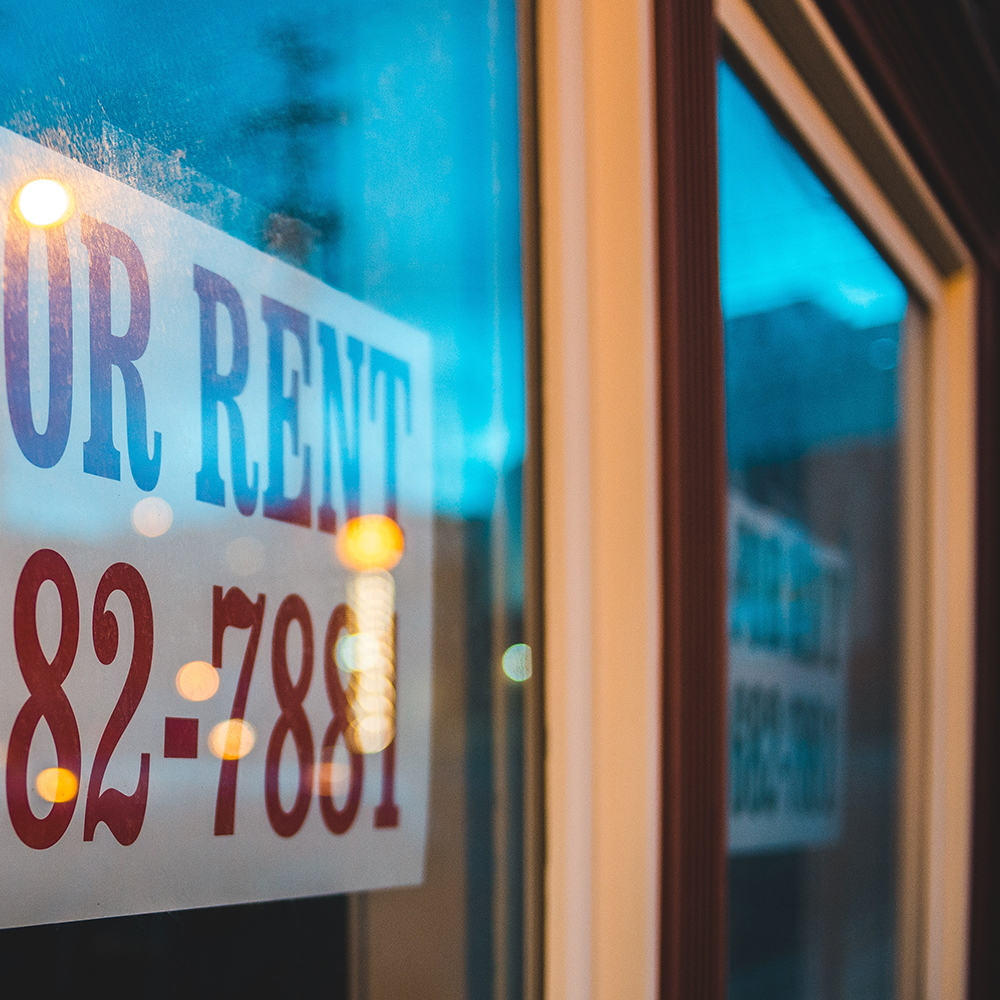My previous post “On young Americans and their Growing Acceptance of Socialism” connected the popularity of democratic socialism among Americans aged 18 – 39 to inequality. Inequality concerns are not the only factor driving Gen Z’s embrace of democratic socialism.
Gen Z’s growing support for democratic socialism is occurring along with a declining belief that core aspects of the American Dream are attainable. Generations of Americans have believed that, through hard work, everyone has the opportunity to achieve a better life and that includes becoming a homeowner. This optimism is fading among Gen Z. A 2024 survey found that 60% of Gen Z fear they will never own a home and, among Gen Z homeowners, 1 in 3 reported struggling to pay down their mortgage.
Homeownership rates among Gen Z have flatlined at 26.3% since 2023, and today, Gen Z represents just 4% of homebuyers. The most significant barriers to homeownership are economic in nature: costliness of homes, high interest rates, low wages, and insufficient savings are all cited by frustrated young people struggling to make inroads into the housing market.
Consequently, Gen Z has leant heavily into the renting market. Yet, the high cost of the rental market is also creating barriers to homeownership. Rent skyrocketed during the pandemic, as construction sites shut down and supply chains were disrupted. Although some cities have subsequently increased their housing supply, rent inflation still remains high nationally. The Census Bureau reported that in 2023, nearly half of the 42.5 million household renters were ‘rent burdened’ households which spent over 30% of their income on rent. Although rental rates have remained flat over the past two years, a new report last month found that median rent increased by 1.7%, the largest increase in over two and a half years.
In light of these trends, it is unsurprising that Gen Z has embraced rent control. And this brings us back to Gen Z’s embrace of democratic socialism. Rent control is not only viewed as a policy that prevents landlords from unfairly raising rental prices, but it is also viewed as a means to control a growing cost burden that is obstructing their ability to purchase a home. In Colorado, 91% of young people, including 68% of young Republicans, supported rent stabilization policies that would ensure renters have ‘reasonable’ rents. Similar, 3 in 4 young Californians supported rent control laws.
The issue of housing affordability may be turning young Americans towards democratic socialism. A recent survey found that among Americans under the age of 45, just 35% believe that government regulation slowing the building process is responsible for housing affordability woes, compared to 55% who pin the blame on landlords and banks raising prices to increase their profits. Even in the United Kingdom, 78% of young people blame capitalism for Britain’s housing crisis, and the same percentage support rent control and public housing projects.
Broadly speaking, a majority of Americans, regardless of partisan alignment, education level, and housing status believe private equity firms and big investors buying up too many homes has unfairly limited competition. Similarly, a majority of likely voters surveyed say the government ought to have a role in the housing market, for housing is a basic necessity that the free market is incapable of adequately providing.
Zohran Mamdani, a self-professed democratic socialist, has largely relied upon the youth vote in his New York mayoral race, and among his policy agenda items is a four-year rent freeze on close to a million rent-stabilized apartments. Mamdani’s basic pitch, that New York City is too expensive and he will lower costs, appears seductive to young voters aged 25-34, who comprised the vast majority of first-time voters in the Democratic primary.
Rent control and similar policies have proven time and again to be ineffective solutions to housing problems, and yet they will continue to gain traction if housing affordability remains an issue. States that undertake free-market reforms will enjoy an increase in housing supply that lowers prices, but failure to do so may result in more sympathy and support for democratic socialism.
Nikhil Agarwal is a Pacific Research Institute research associate.


